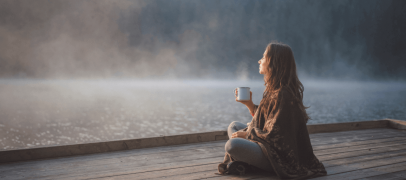
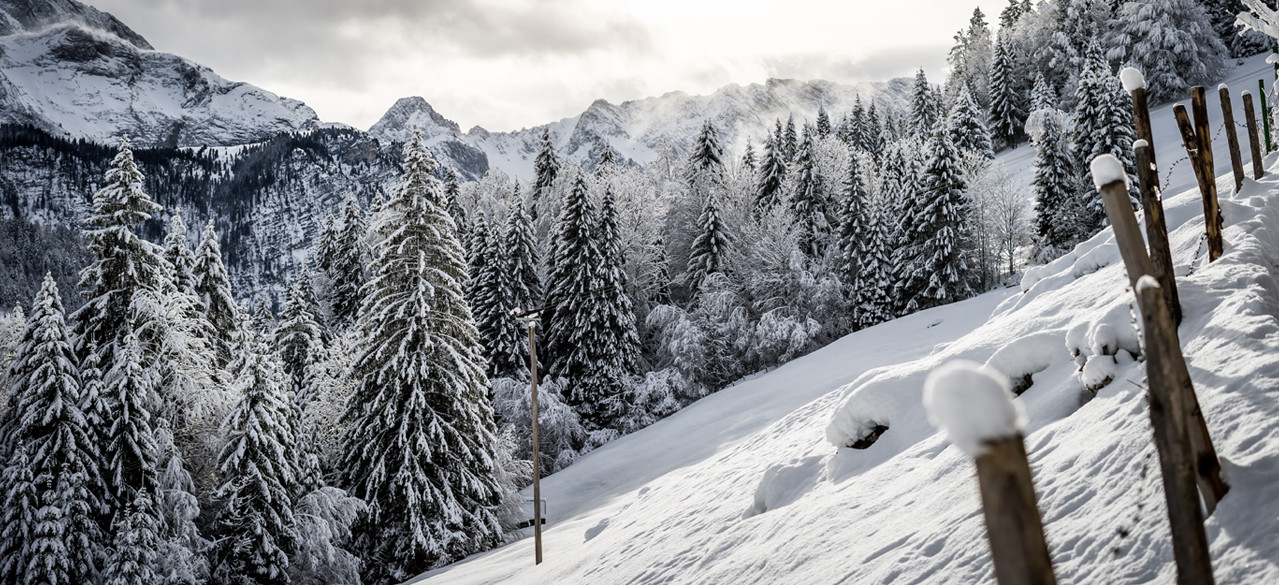
7 Most Common Winter Sports Mishaps to Avoid
07 Dec 2017 by Olga Brighton
Winter sports continue to gain popularity as more and more enthusiasts post their activities on social media. Winter sports holidays are so popular that there is more choice than ever before and for every budget. Remember that an important element of any trip is insurance, especially as you will probably be skiing, snowboarding, snowmobiling, snowshoeing, sledging, and much more. Even if you are experienced in your chosen activities, your chances of injuries or sports mishaps are higher while you participate, so look out for a special Winter Sports travel insurance policy that will get you covered and avoid the chilling costs of medical expenses overseas. Some of Globelink’s Annual Multi Trip policies include 17 days of Winter Sports cover for free. If that doesn’t suit you, go for a Winter Sports Single Trip policy to cover your winter holiday adventures.
To stay safe during your winter holiday, avoid these most common winter sports mishaps and risks:
1. Head Injuries
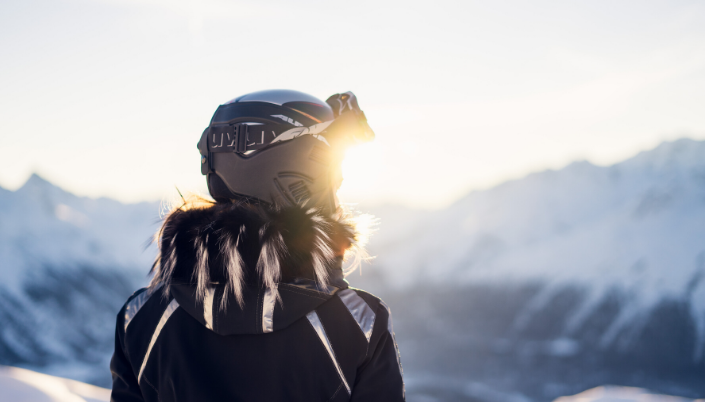
Wearing a helmet is the safest way to reduce the impact of one of the most frightening winter sports injuries. Helmet use is now much more likely to be considered the norm – even for the coolest of skiers and snowboarders. In most European resorts it’s compulsory for children to wear protective helmets when skiing or snowboarding, but the majority of savvy adult adventure-seekers now wear them too. Skiing, snowboarding, hockey, and sledding are all high speed activities where a helmet is a must. Snowboarding and downhill skiing are two winter sports where head injuries are an all too common occurrence, either from collisions with others or from snow impact. Research published in the British Medical Journal indicated that wearing a helmet can make general head injuries 35% less likely. A recent study in Austria showed that experts and beginners alike are now increasingly wearing helmets because it just makes sense to do so.
There are at least 5 reasons why to wear a snowboard helmet not to become a part of winter sports injuries statistics.
2. Hypothermia or Frostbite
Even though hypothermia is highly unlikely if you stick to main routes and don’t go exploring off-piste, or cross country, it’s essential to keep warm while doing winter activities. Always check what the conditions are like in your chosen location and what is suitable clothing and equipment for what you will be doing. Basic rules include layers of thin, thermal clothing which keeps you warm without being uncomfortable and that you can remove or add to as temperatures require. Your outerwear must be water resistant, especially if exposed to snow. Wear good gloves and socks and carry a spare if you can. Cover your head with a hat or at the very least wear ear muffs or similar to avoid frostbite or your body temperature falling too low. Avoid very bulky winter clothes which are not ideal when you need to move around a lot. Here are 7 proven ways to get sick while travelling in winter that you should avoid!
3. Skier’s Thumb
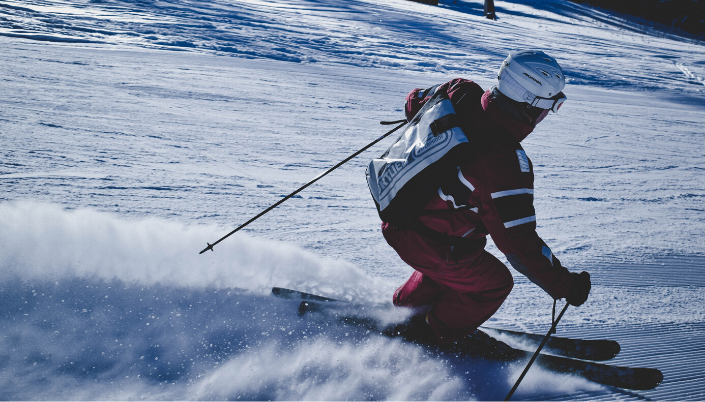
A significant percentage of downhill skiing injuries involve an injury to the ulnar collateral ligament (UCL). It is more commonly known as Skier’s Thumb because it occurs when using ski poles. When this happens, the UCL gets torn or damaged, which is painful when pinching the thumb and index finger together. Patients who have Skier’s Thumb should see a doctor within a week before the pain exacerbates. Follow these top tips for staying #SkiSafe on the mountain and look through the FCO's Winter Sports Guidance 'Know before you hit the slopes'.
4. Dehydration
When you are out in the snow, it is harder to determine when we need to drink water. Even if the air is full of moisture, your body becomes easily dehydrated in winter weather, especially as you use more energy when doing winter sports. Always carry a bottle of water in your pack and keep drinking throughout the day. This will help keep your energy levels and concentration levels higher.
Read also: Top Unusual Winter Activities Around the World
5. Altitude Sickness
Most winter sports are played in higher altitude areas. Altitude sickness can occur above altitudes of 2,500 meters and a lot of ski and winter sports areas are well above that, so you need to be aware of the symptoms of altitude sickness, especially when your body is not used to such heights. Nausea, headaches, shortness of breath, and confusion are all signs of altitude sickness. Its sometimes difficult to avoid and there is no knowing who will be effected, however, you can minimise the risks of altitude sickness, by staggering your journey and gradually increasing altitude. Here are 10 of the best family ski holiday ideas if you’re planning a family winter trip this season.
6. Alcohol-Related Injuries and Accidents
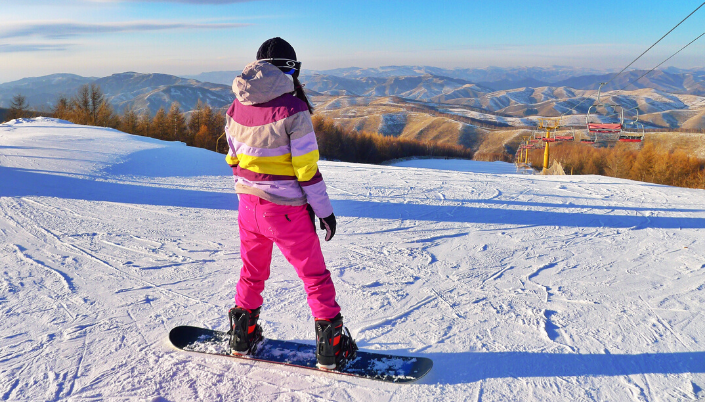
Unfortunately, many accidents involving winter sports are a direct cause of alcohol. It is all too often part of the fun of to have a few drinks to warm up before, during or after winter sports. But this is never a good idea. Furthermore, drinking alcohol at an altitude will increase the effects of feeling disoriented, and you don’t want to get lost in a snowy mountain after dark, or during the day for that matter. Alcohol-related accidents while engaging in winter sports are not covered by travel insurance.
7. Fractures and Sprains
Knee and ankle sprains are common injuries while alpine skiing. On the other hand, snowboarding injuries are most common in the upper extremities such as wrist and shoulder fractures. Snowboarding in terrain parks that involve aerial manoeuvres could result in abdominal and spinal injuries. Ultimately even the most expert skiers and boarders can get injured, but try to take the necessary precautions to avoid ruining your trip with an injury.
Going on a winter sports holiday can be a fun and exciting experience without the hassle of accidents, trip cancellation, or baggage loss. A comprehensive winter sports travel insurance policy should keep you covered in the event of an injury on the slopes or equipment loss. While doing winter sports can be fun and exhilarating, you need to take the proper safety precautions. Doing this will ensure that you will have a safe and fun-filled winter trip.
Research your destination before you travel (and in fact before you book your trip!). The better prepared you are, the more stress free your trip will be and the more everyone will enjoy it. A great place to start is the FCO Travel Advice website which provides up to date information on safety and security on every country.
Read also: How to Choose Winter Sports Travel Insurance
We accept
